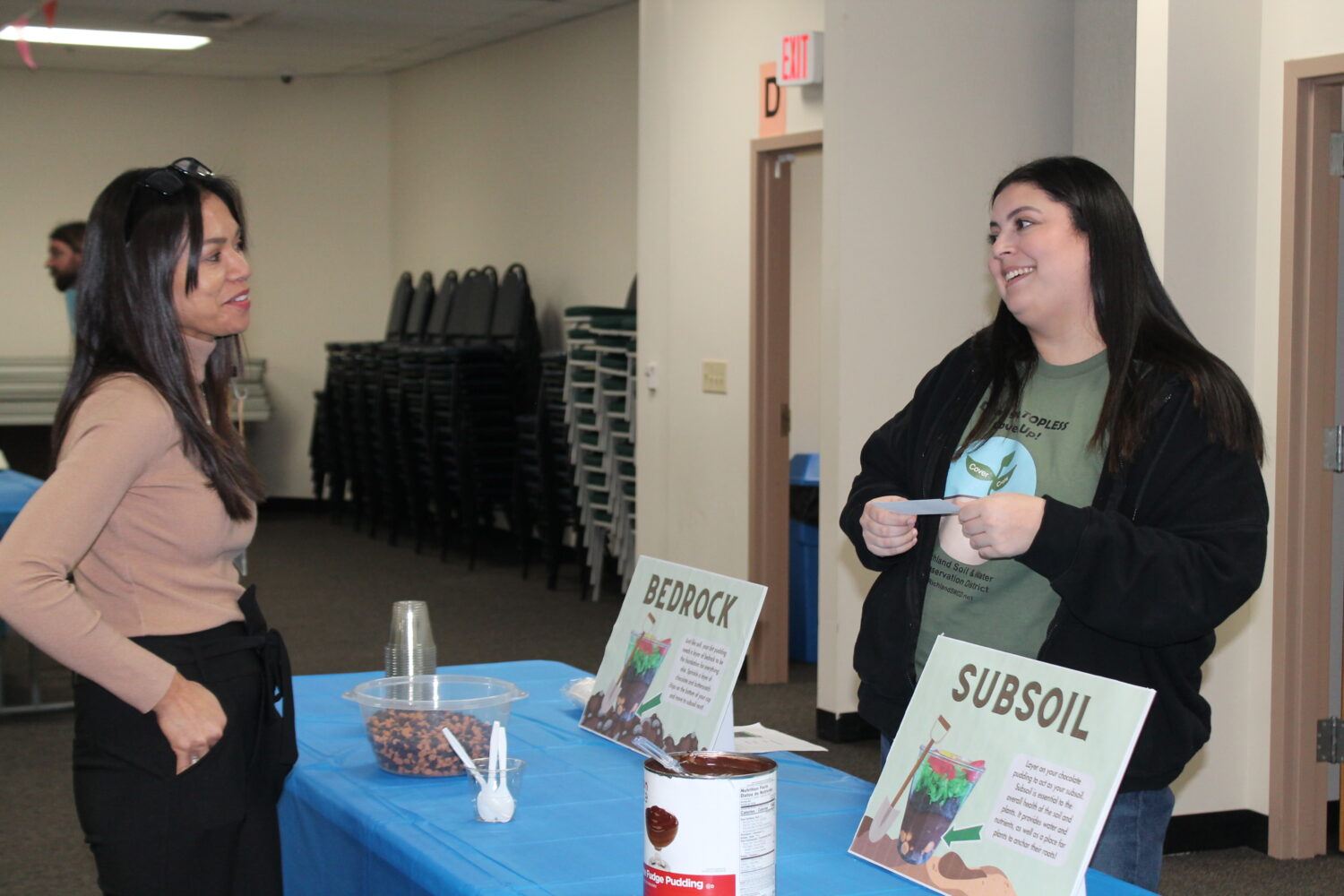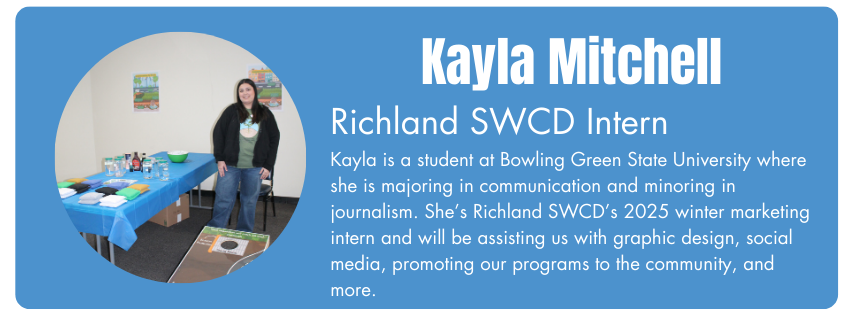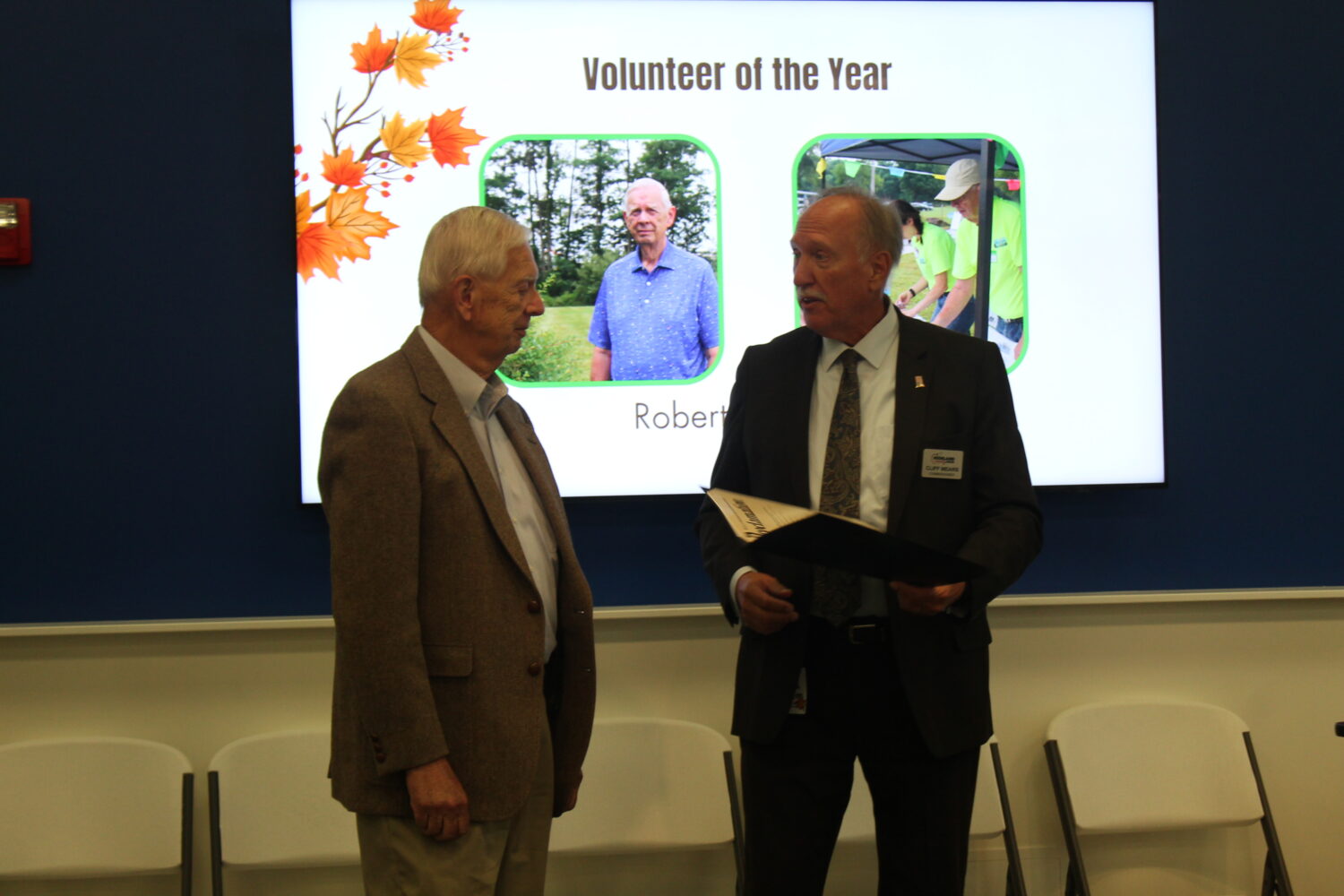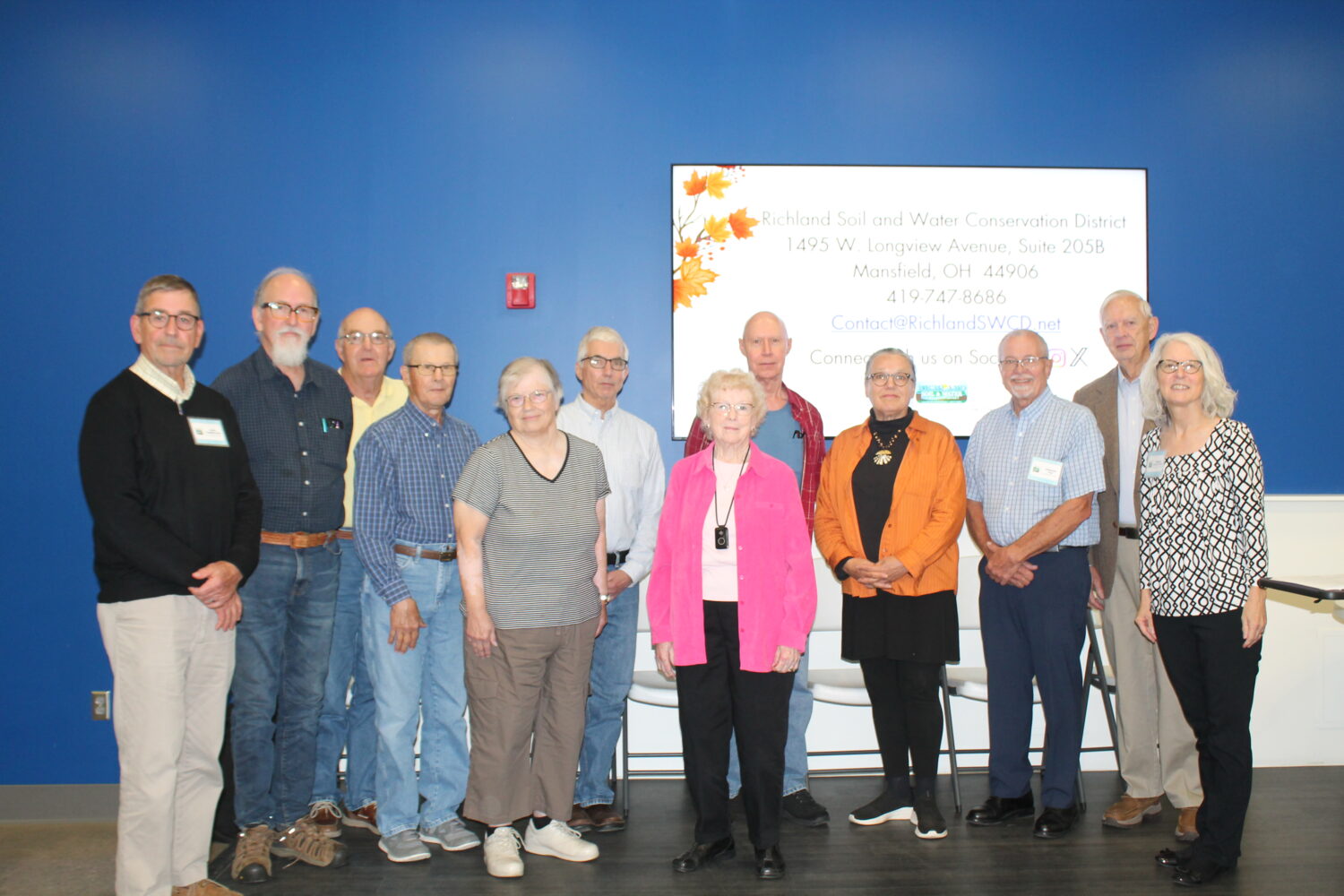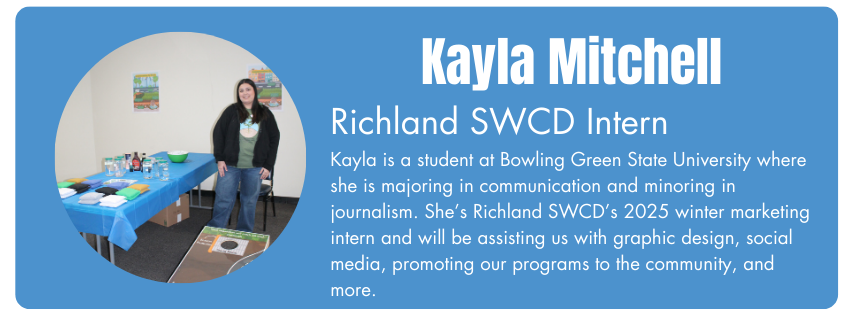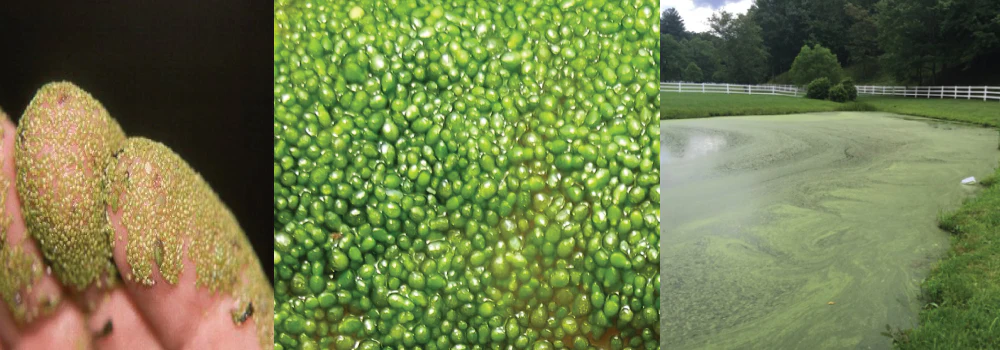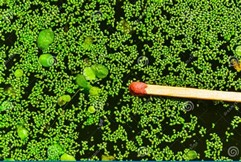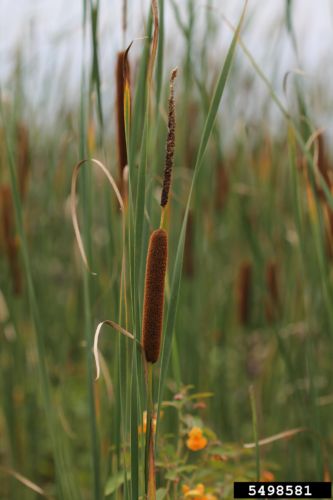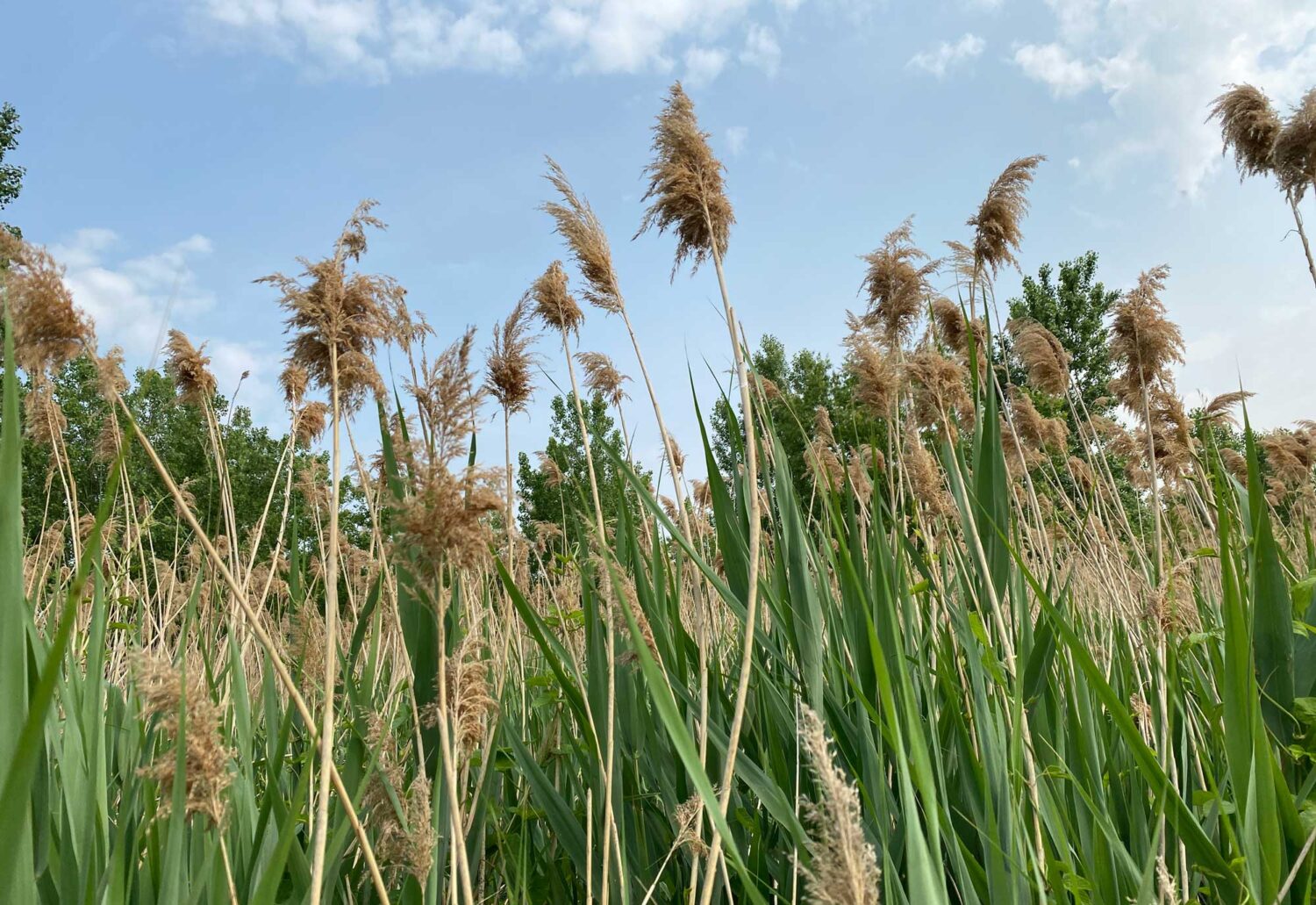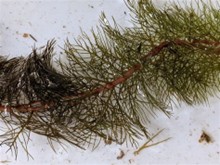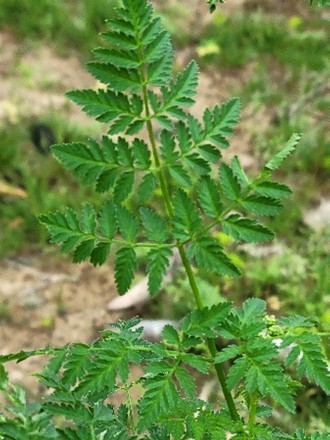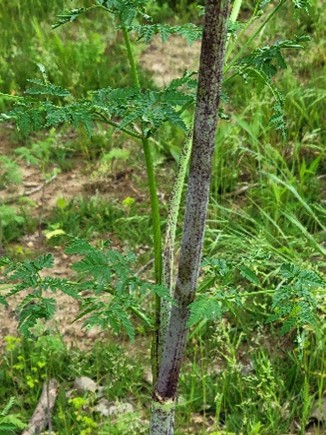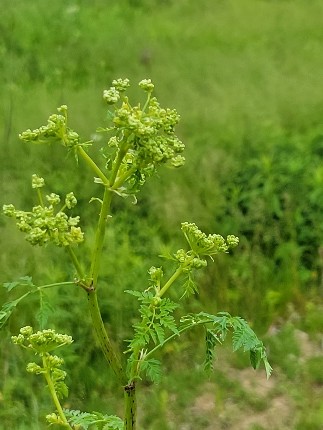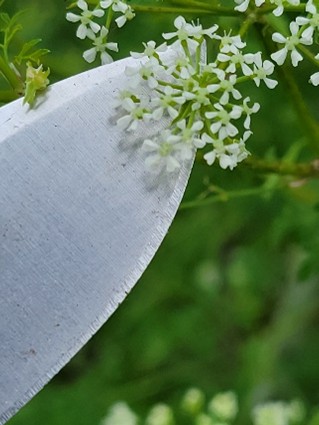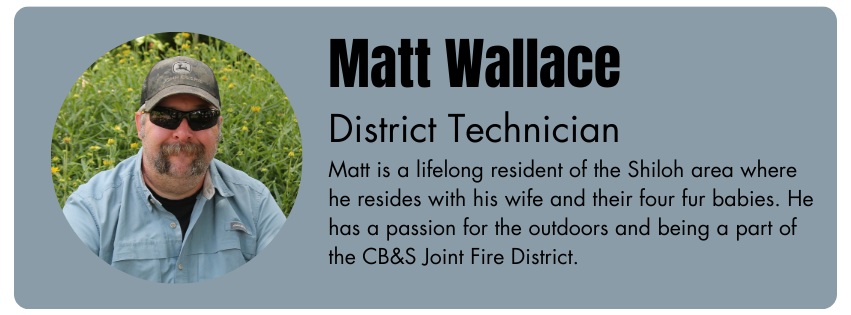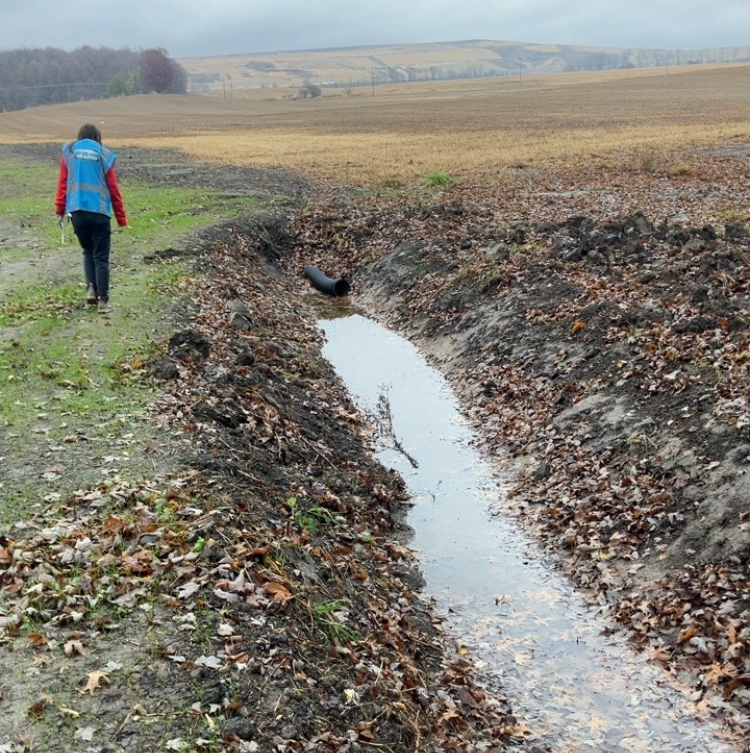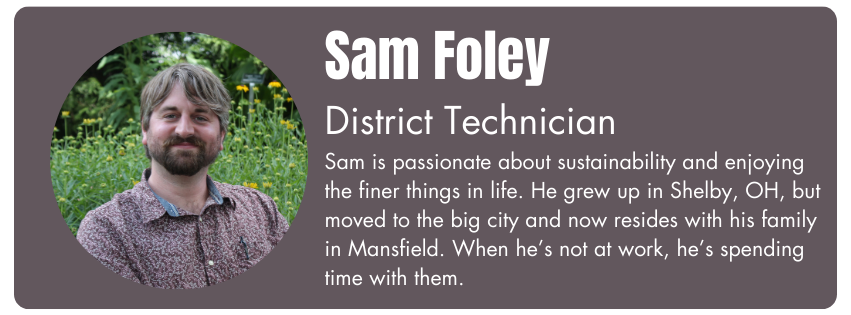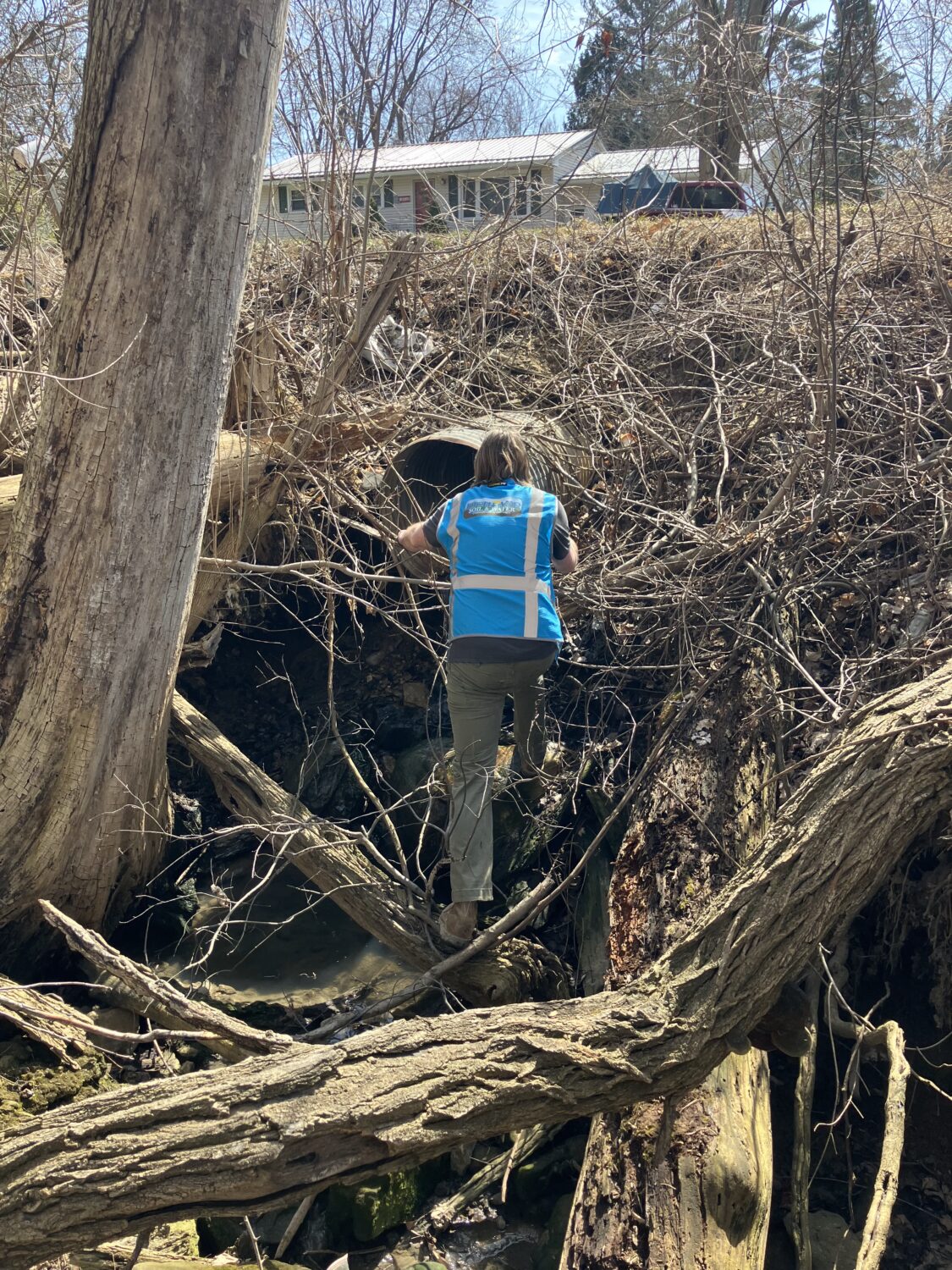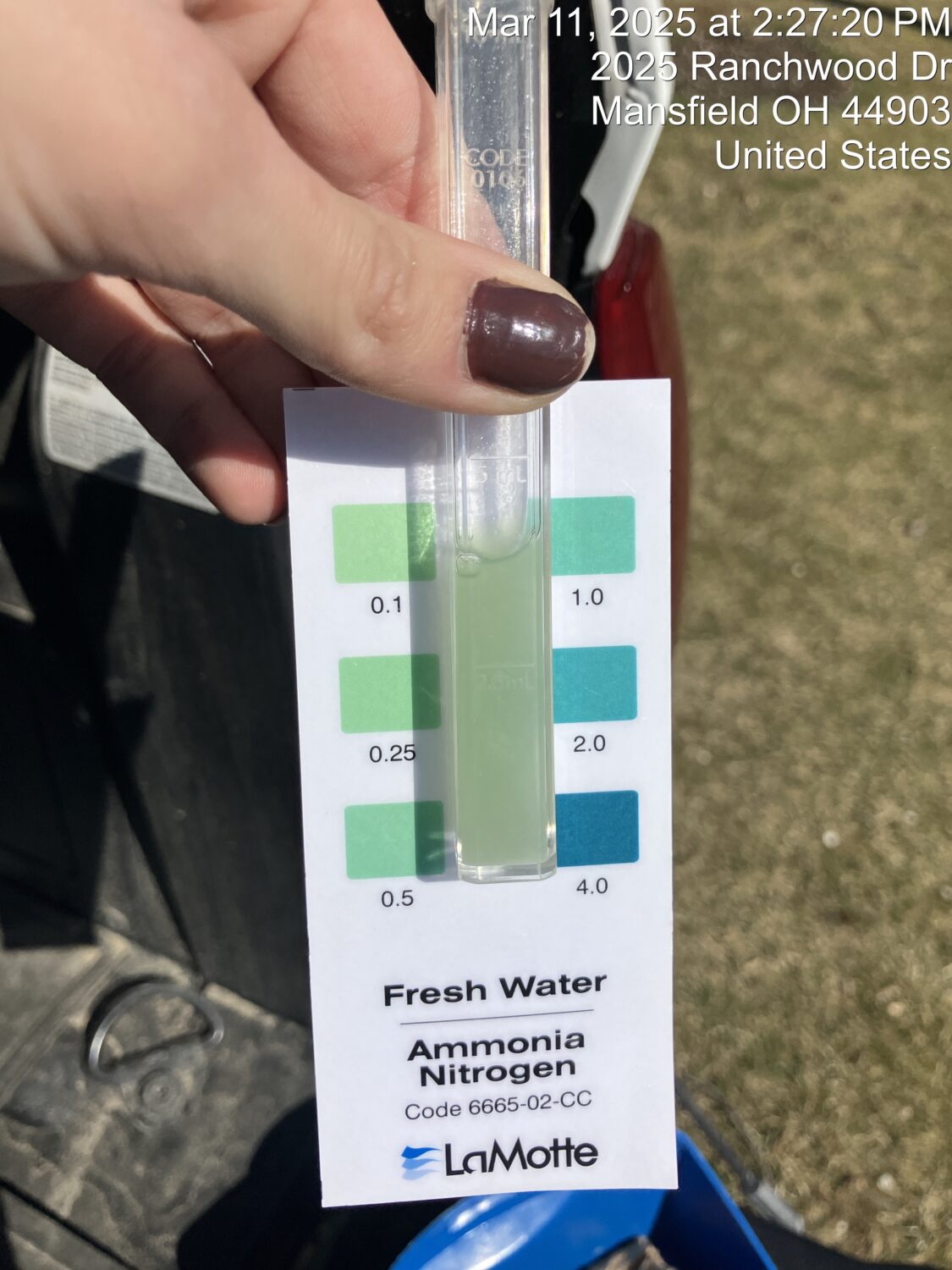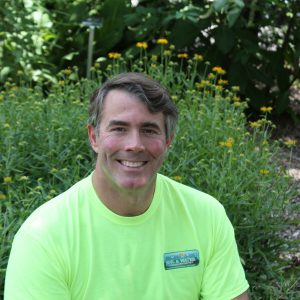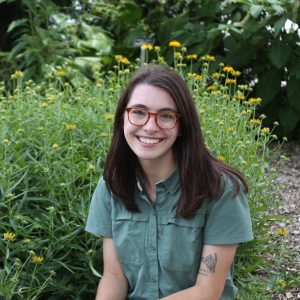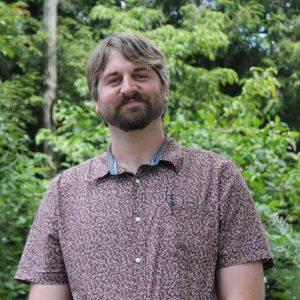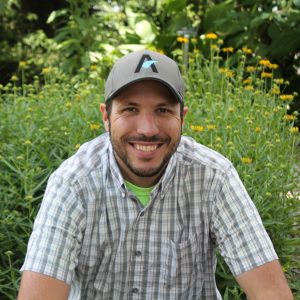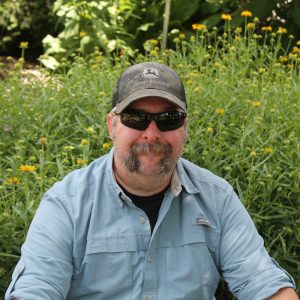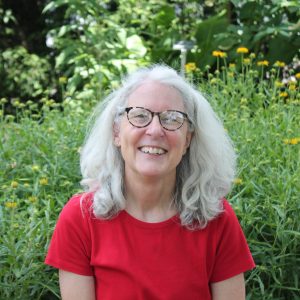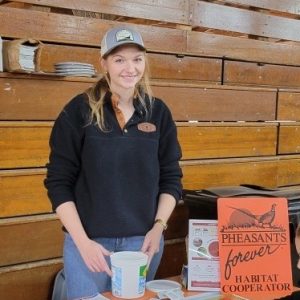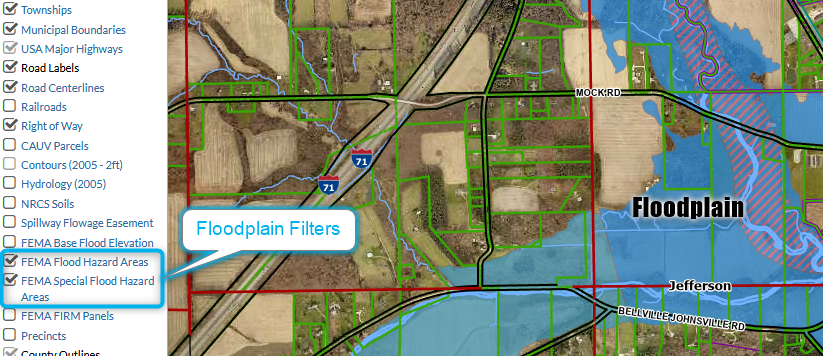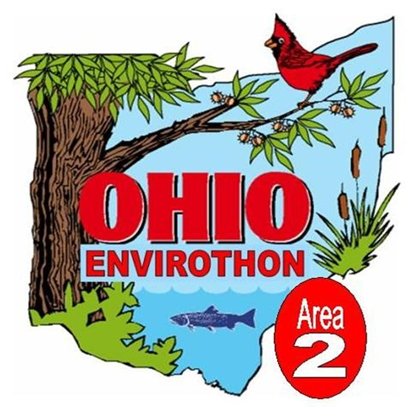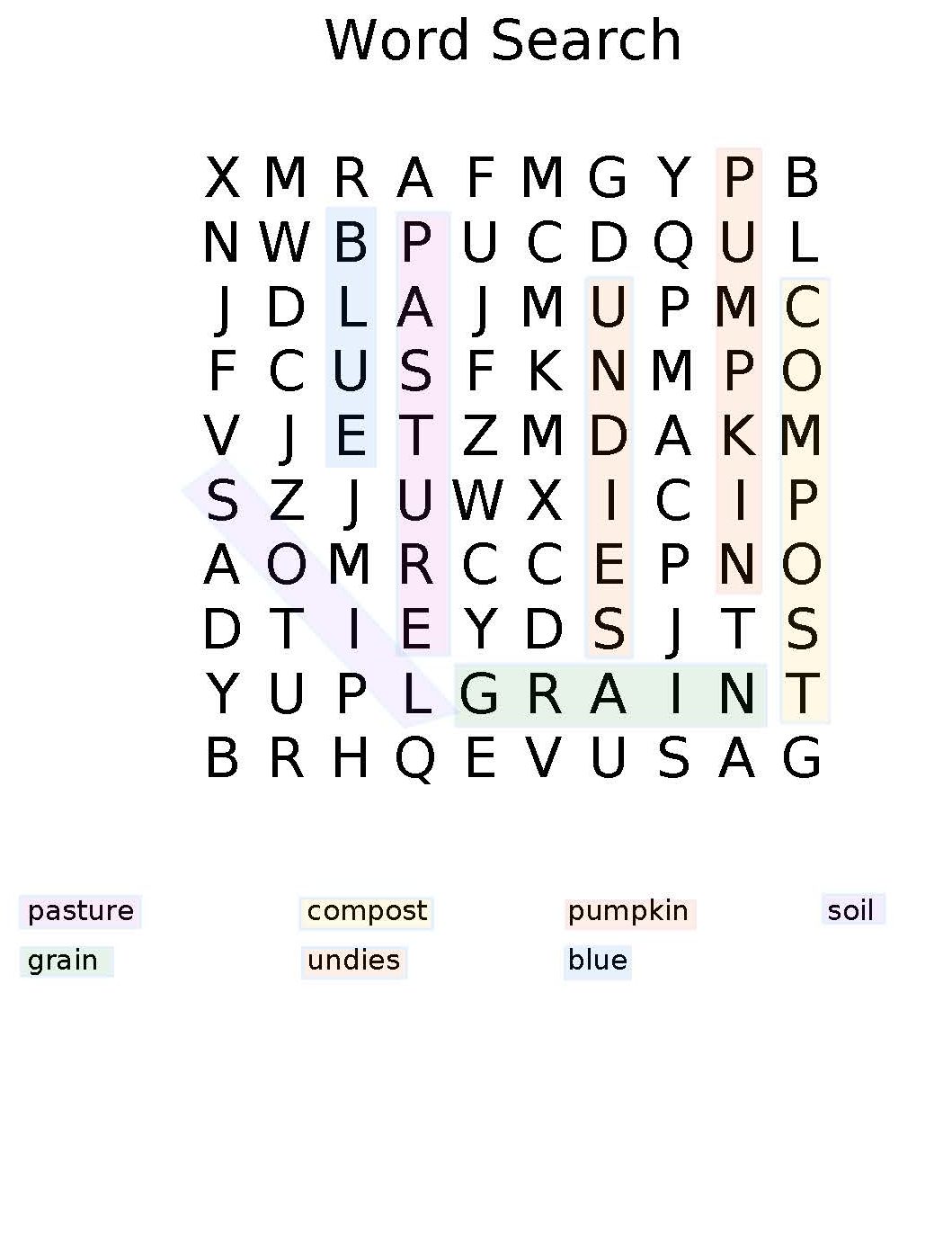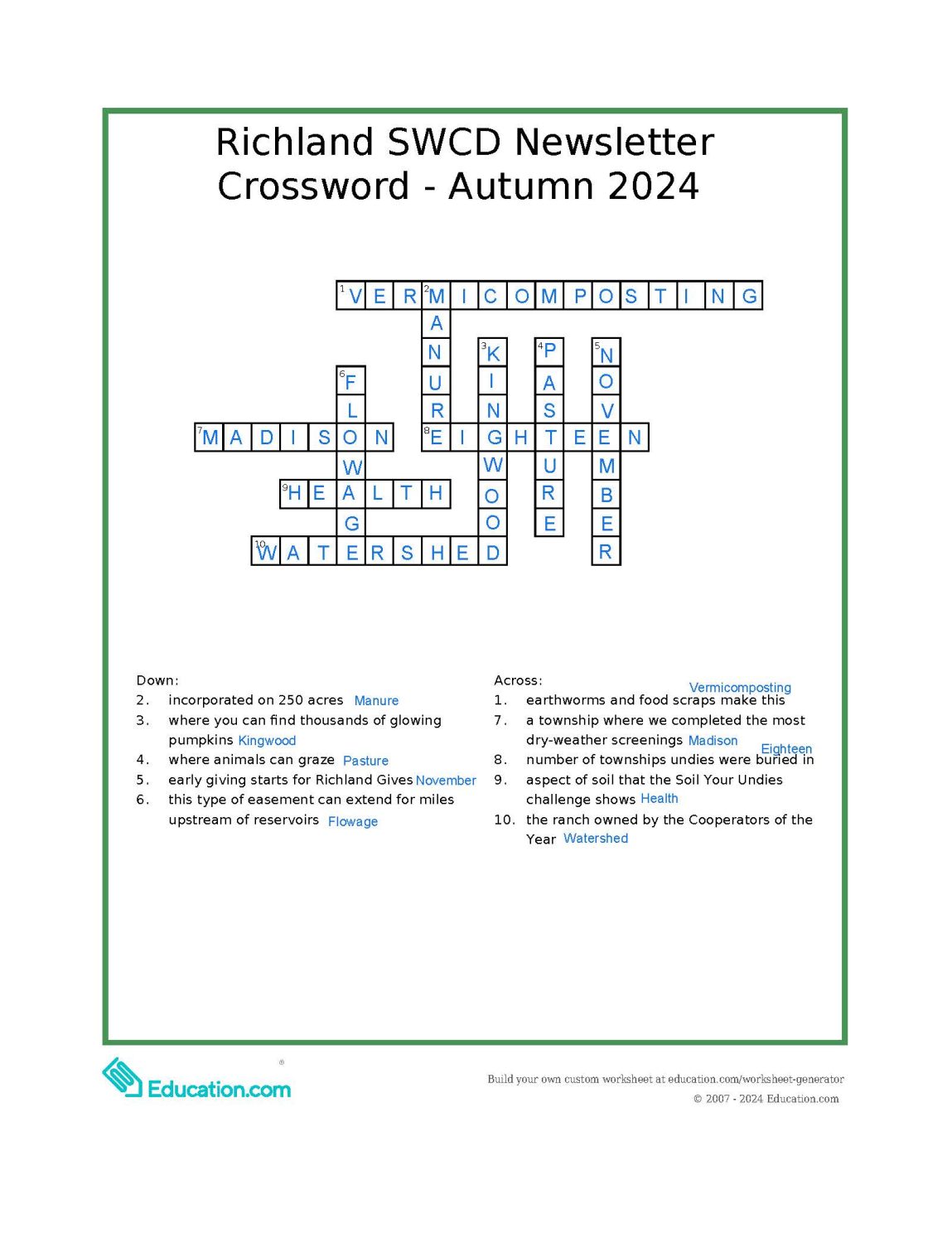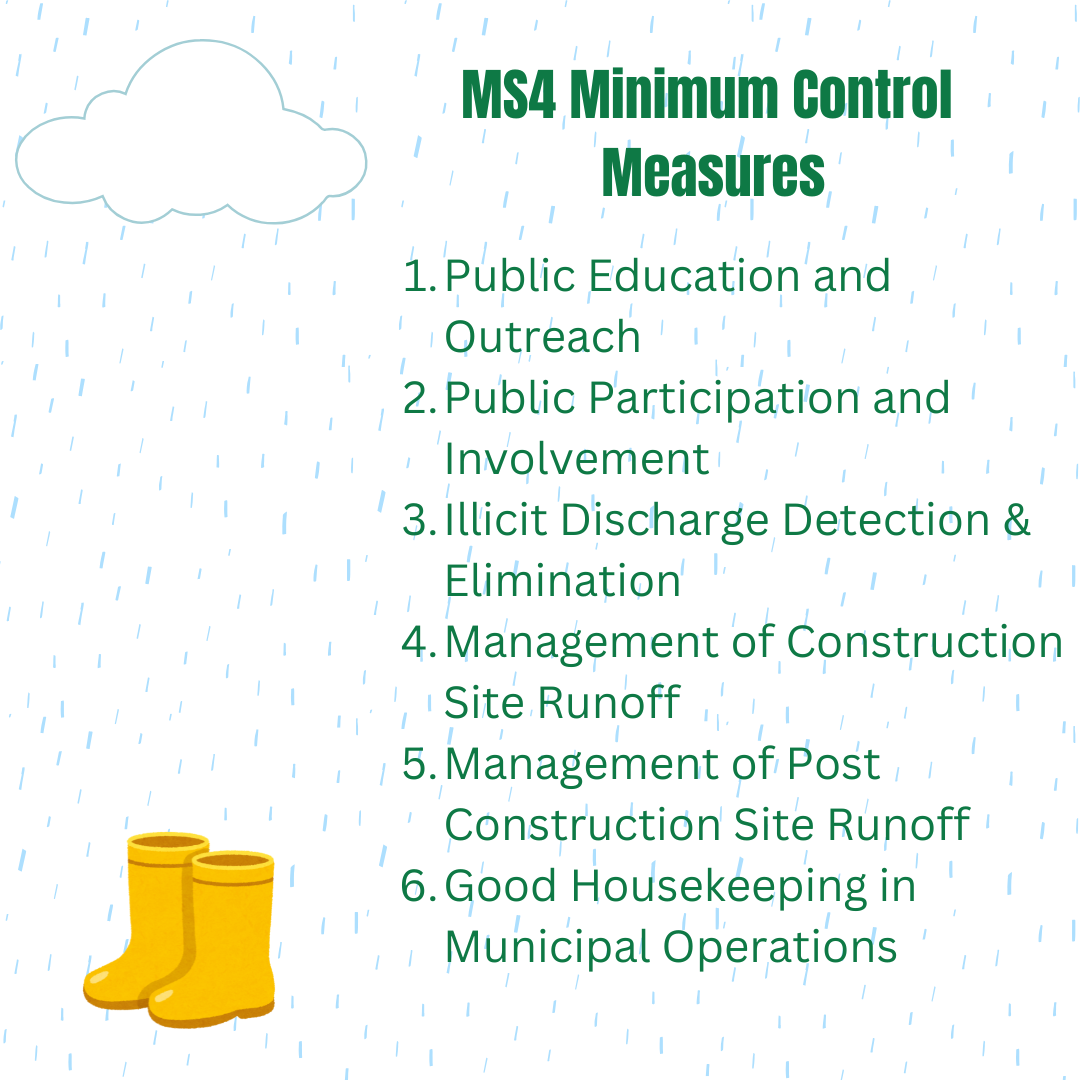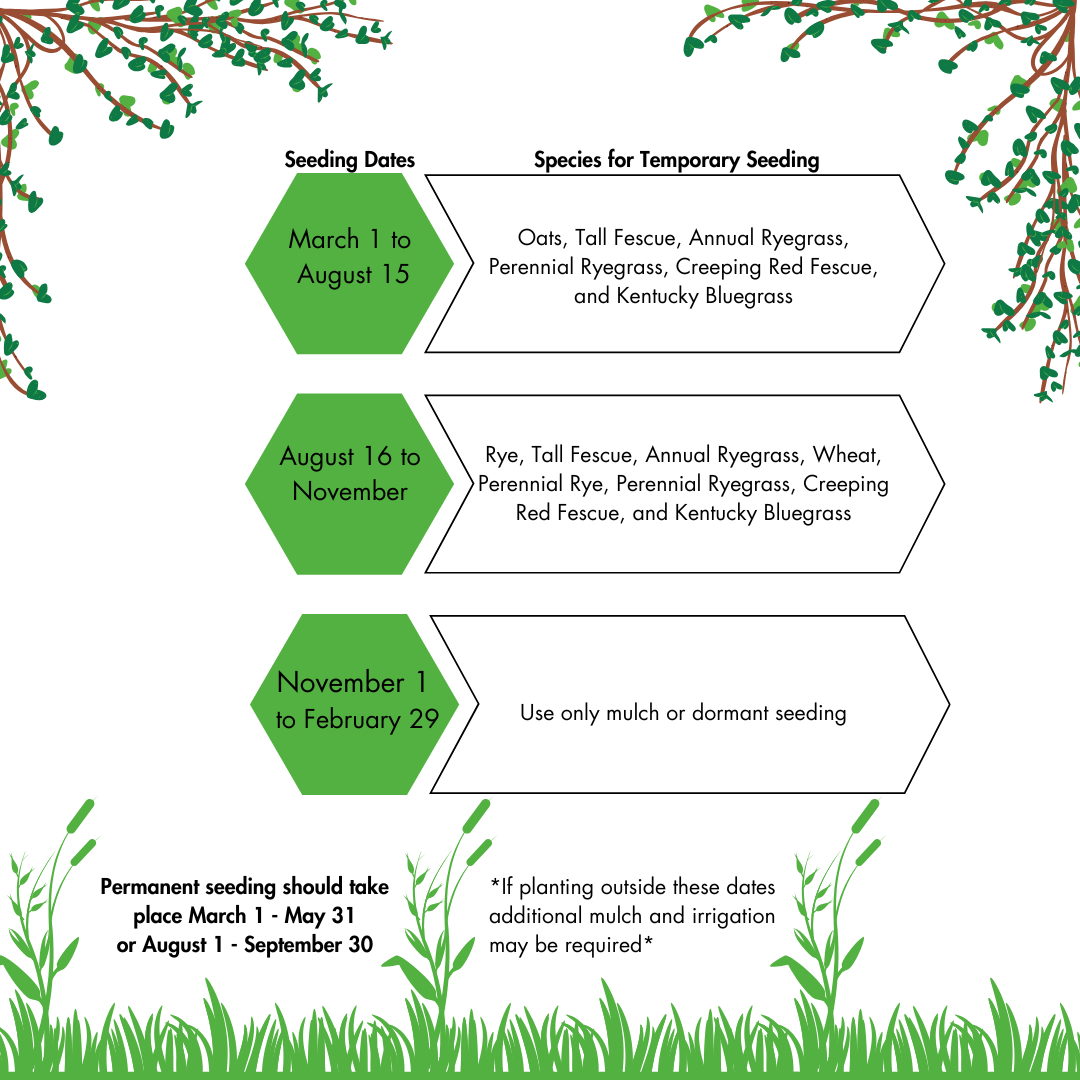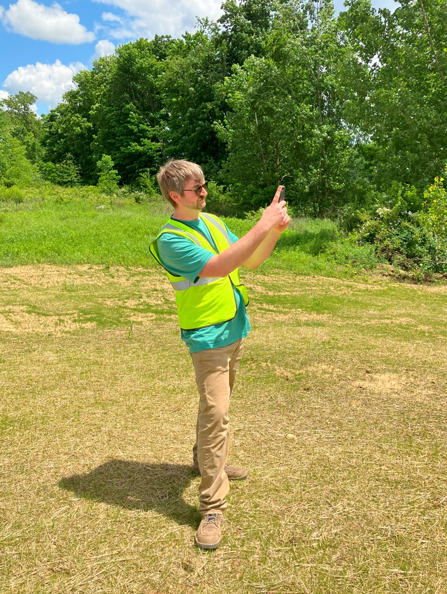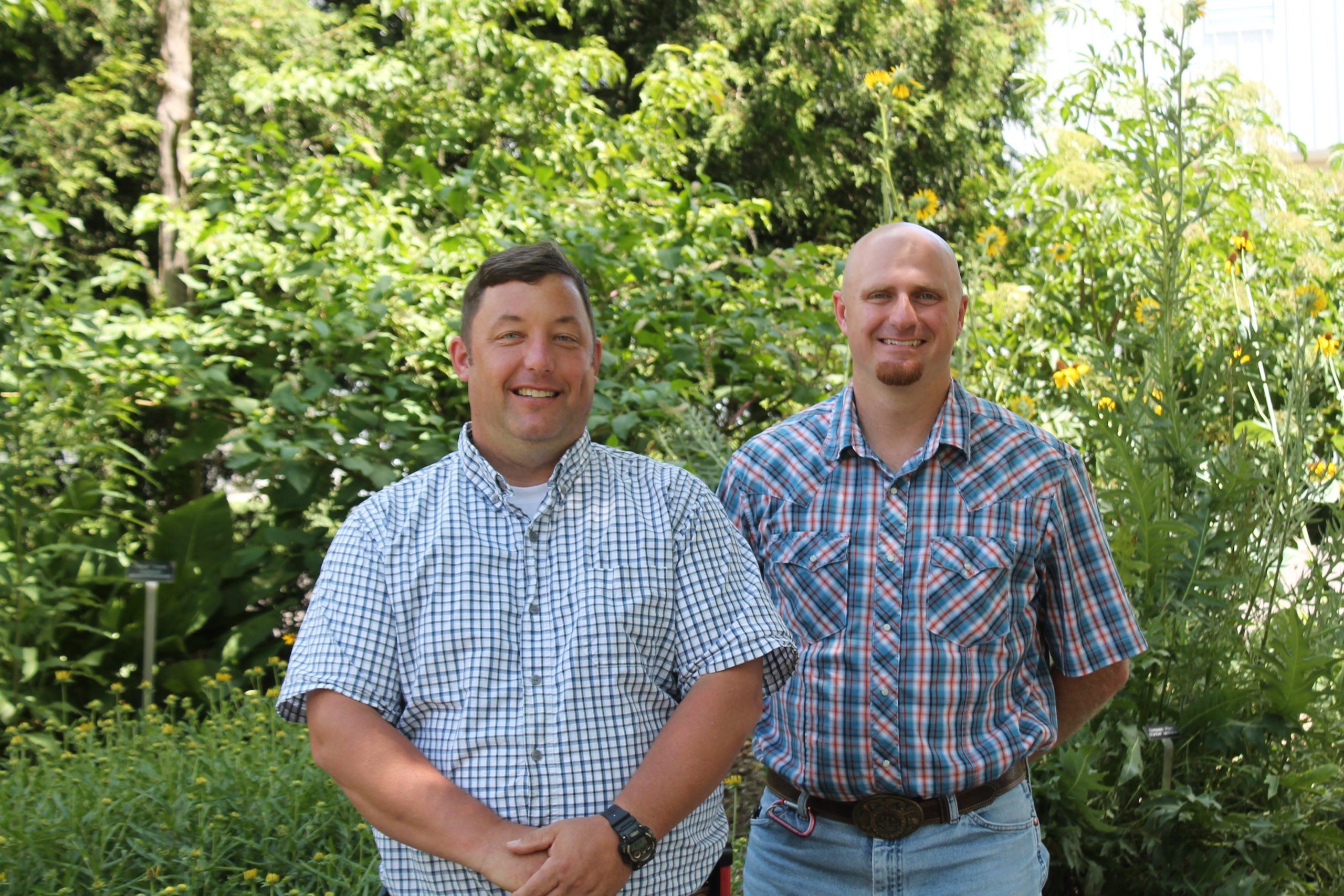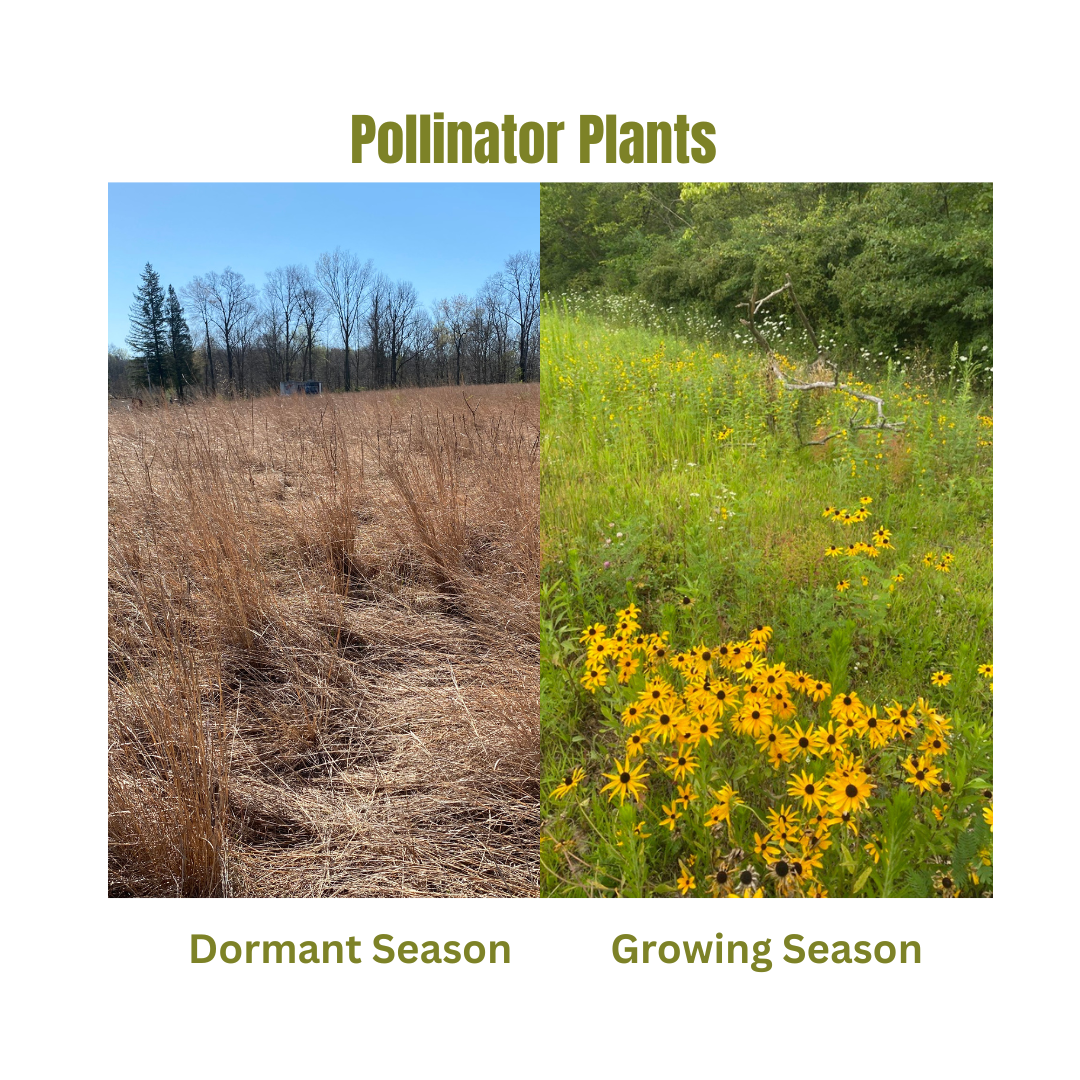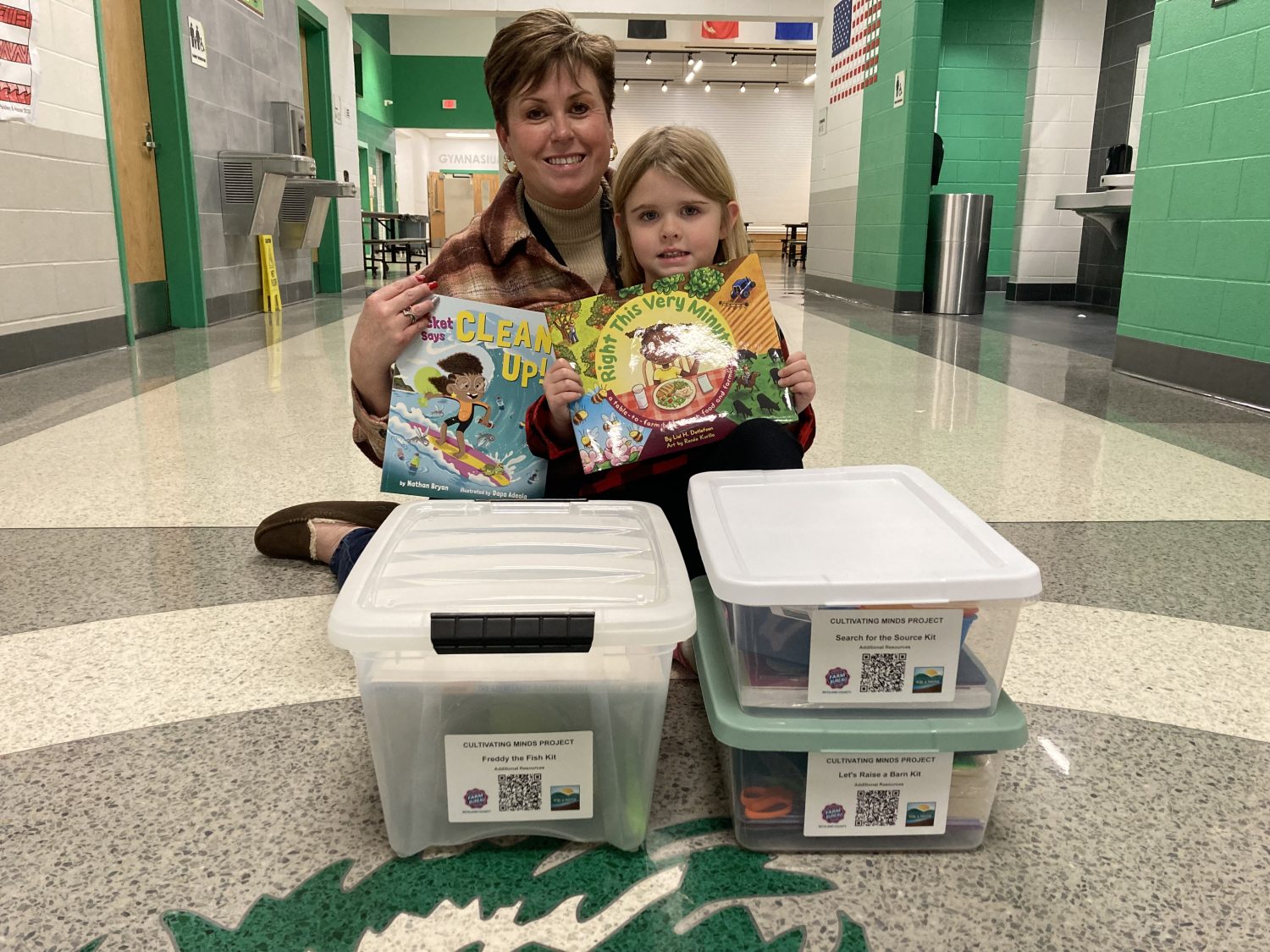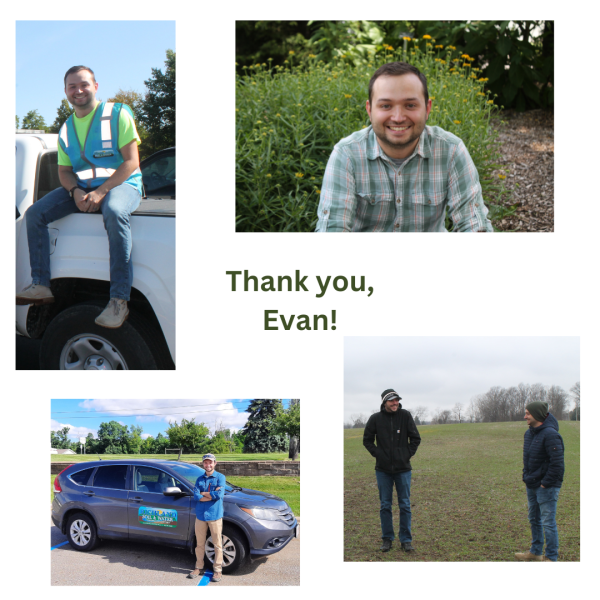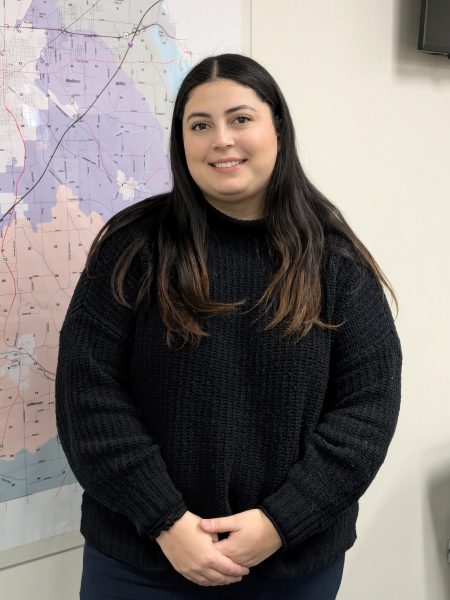Kayla’s internship was filled with growth, creativity and conservation. Read her farewell message and help us wish her well!
My marketing internship with the Richland Soil and Water Conservation District (Richland SWCD) was an incredible experience. Throughout my internship, I had the opportunity to help with social media management, content creation and community outreach. I assisted with marketing campaigns, designed promotional materials and helped create visual content used on social media as well as during community events. The projects I assisted with not only helped strengthen my skills in digital marketing, branding and public relations, but it also deepened my knowledge of environmental conservation and its impact on the community. One of my favorite moments from my time with Richland SWCD was when I had the opportunity to work with everyone in person at the Soil Open House. It gave me the chance to see a lot of my work come to life, and seeing first-hand how marketing plays a role in raising awareness for conservation efforts was both rewarding and inspiring. Overall, my experience with my internship has been instrumental in my professional growth, and I am very grateful to have contributed to the mission of Richland SWCD.
Interested in interning with Richland SWCD? We’re looking for a summer 2025 marketing intern. For more information contact Theresa Sutter at sutter.theresa@richlandswcd.net or call 419-747-8685.
